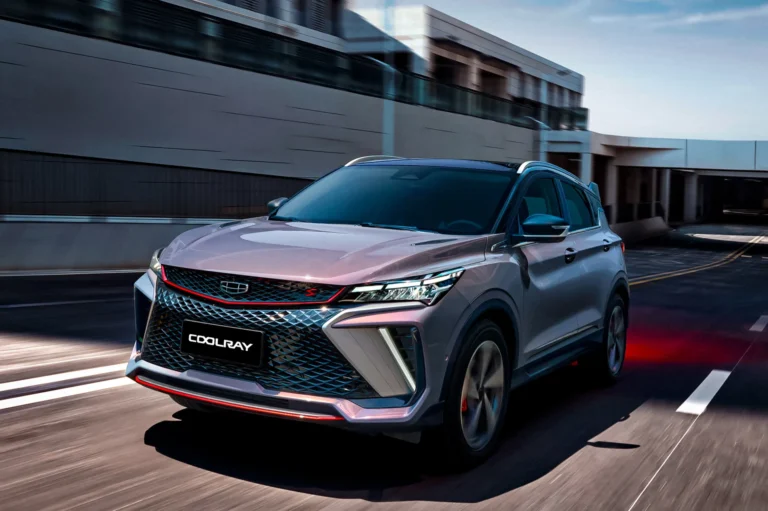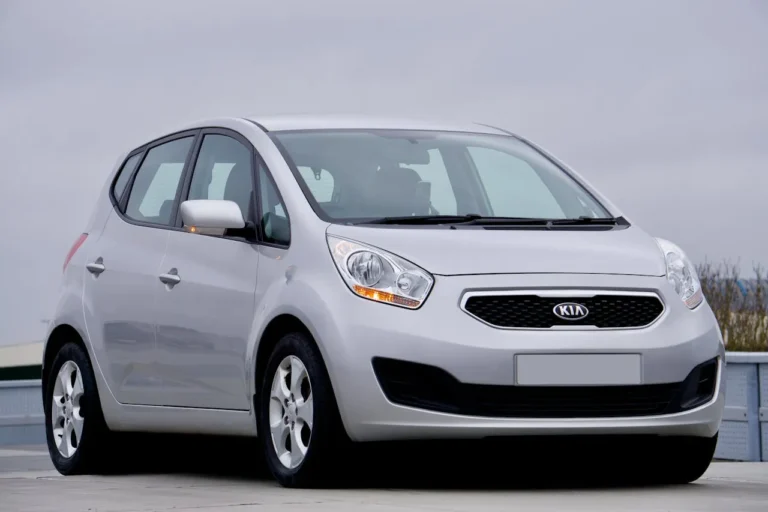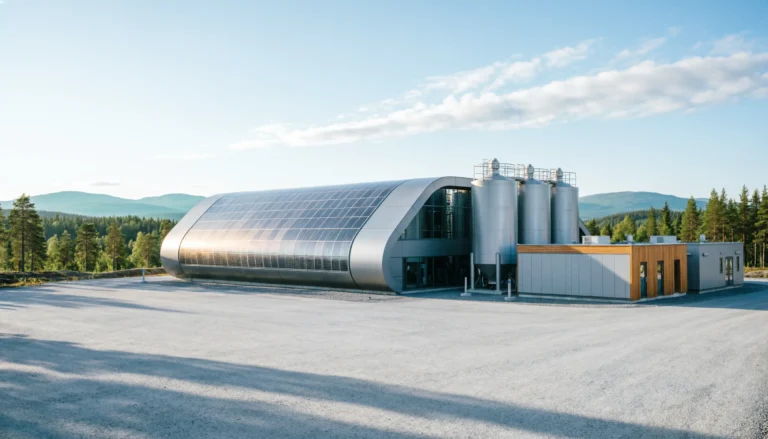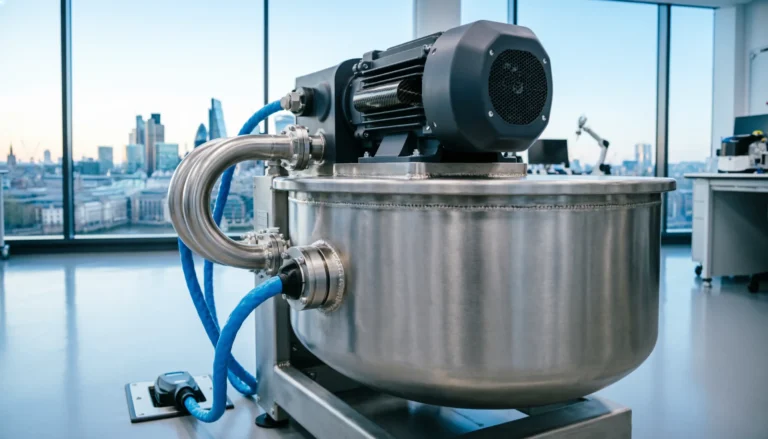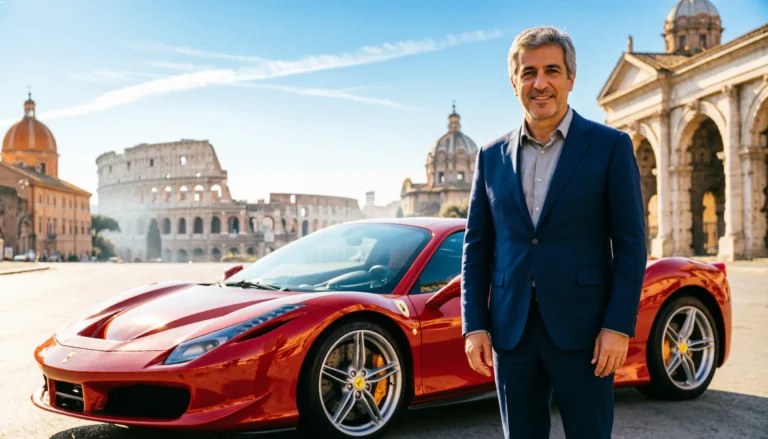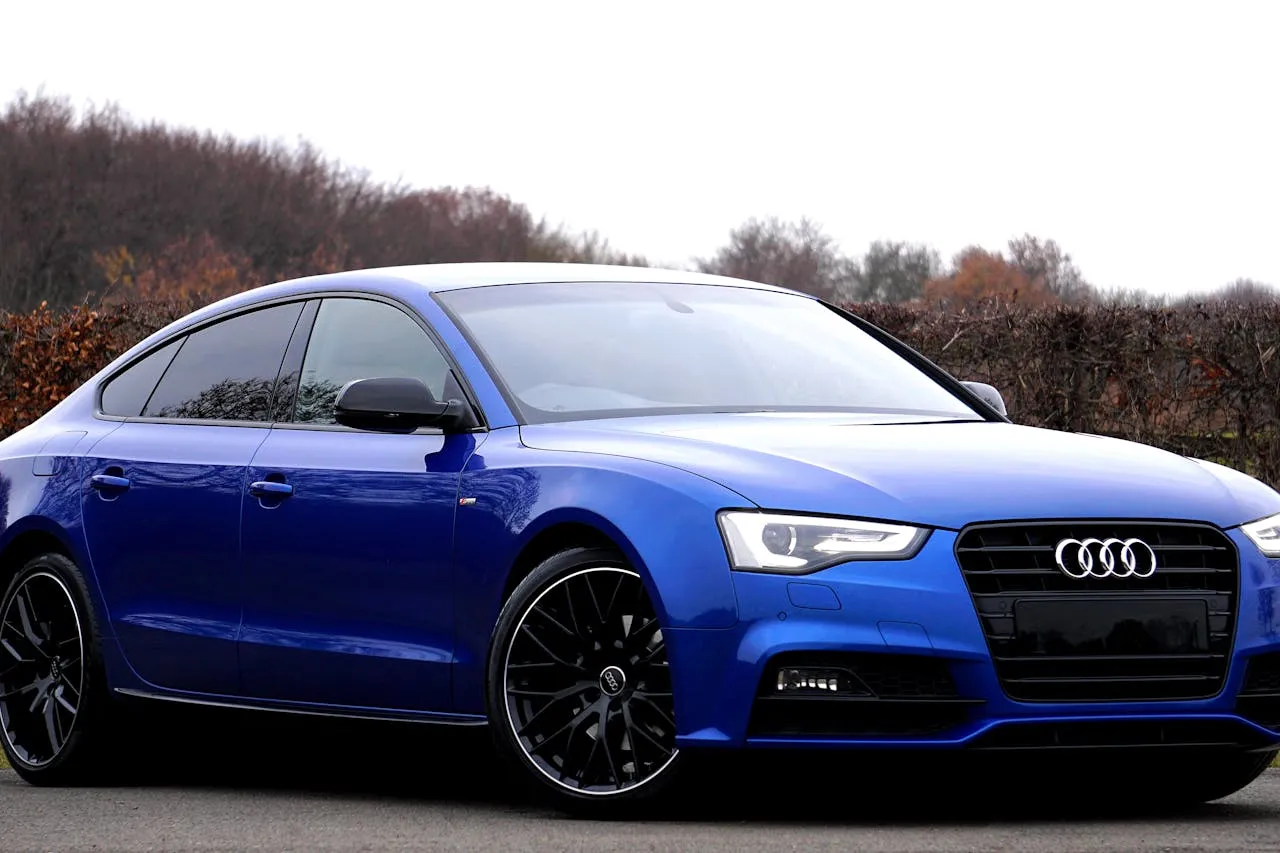
Americans Brace for Auto Price Surge, Causing Buyer Hesitation, New HarrisX-Allison Worldwide Poll Shows
A new wave of price anxiety is sweeping through the American car market, and it’s already shifting consumer behavior. According to a recent national survey conducted by HarrisX in partnership with Allison Worldwide, U.S. consumers expect auto prices to rise by an average of 14.4% over the next year. This sharp projected increase is prompting many to hit the brakes on potential purchases — a trend that could temporarily stall the domestic auto market.
The poll, conducted from April 4 to April 6, 2025, gathered responses from 1,762 American adults across the country. It reveals a growing hesitancy among consumers to move forward with vehicle purchases. In February, 21% of respondents said they were “very likely” to buy a car within the next 12 months. That figure has now dropped to 17%. Conversely, the number of people who said they are “very unlikely” to buy has spiked from 28% to 41% — a significant jump in just under two months.
In line with those findings, the share of Americans who believe now is a bad time to buy a car has increased substantially. As of April, 56% of consumers feel the timing is unfavorable for purchasing a vehicle, up from 46% in February. The sentiment appears driven not just by concerns over rising vehicle prices, but also by expectations of increasing borrowing costs. More than half of respondents (53%) anticipate that auto loan interest rates will climb further in the next 12 months, while only 14% expect a decline.
“These numbers paint a clear picture: price expectations could at least temporarily freeze the U.S. auto market,” said Dritan Nesho, Global CEO of HarrisX. “When consumers expect vehicles to cost nearly 15% more in the near future — on top of already high interest rates — some might make the choice to wait.”
Declining Interest Spans Both Domestic and Foreign Auto Brands
The study didn’t just examine price expectations — it also looked at consumer sentiment toward vehicles based on their country of origin. While American-made cars continue to lead in popularity, support has declined across the board.
As of April, 71% of respondents said they would be likely to purchase a vehicle from a U.S. automaker, down from 80% in February. Meanwhile, interest in foreign brands has dropped even more sharply. Japanese automakers saw their approval fall from 59% to 47%. German brands dropped from 47% to 37%, and Korean automakers experienced a decline from 39% to 32%.
“Consumers are clearly feeling the pinch of tariff uncertainty and inflation,” said Rebecca Lindland, Managing Director of the Mobility Advisory Service at Allison Worldwide. “The drop in buyer interest, including for American-made vehicles, shows no automaker is immune to the ripple effects of these economic pressures. Shoppers aren’t just delaying purchases; they are rethinking them entirely.”
This shift in sentiment is particularly noteworthy in the context of ongoing discussions about global trade policy, supply chain instability, and cost pressures within the automotive manufacturing sector. If economic conditions continue to deteriorate or remain uncertain, consumer hesitation could lead to prolonged stagnation in vehicle sales — something both domestic and international manufacturers will be keen to avoid.
Traditional Gas Vehicles Still Reign Supreme
While electric vehicles (EVs) and hybrids continue to gain attention in headlines and automaker portfolios, consumer preferences remain firmly planted in familiar territory. According to the HarrisX-Allison Worldwide survey, 62% of Americans say they are most likely to purchase a gas or diesel-powered vehicle — virtually unchanged from the 63% who said the same in February.
Interest in alternative powertrains remains relatively weak. Just 15% of respondents said they’d opt for a non-plug-in hybrid (down from 17%), while only 9% are leaning toward a battery-electric vehicle (up marginally from 8%). Plug-in hybrids saw a slight dip in interest, from 8% to 7%.
“Cost, concerns about EV infrastructure, and broader economic uncertainty are keeping consumers anchored to the traditional mobility choices they know best — with preference for EVs and plug-in hybrids stuck in the single digits,” Lindland added.
More broadly, when asked about their openness to purchasing various types of vehicles, consumers responded as follows:
- Gas/diesel vehicles: 80% open to buying
- Non-plug-in hybrids: 45%
- Plug-in hybrids: 35%
- Battery electric vehicles: 32%
This data suggests that while automakers continue to invest heavily in electrification, infrastructure limitations, price premiums, and range anxiety are still barriers for many U.S. consumers.
Auto Market Weakness Could Spill Into Broader Economy
The implications of this consumer pullback extend beyond dealership lots. The automotive sector is a cornerstone of the U.S. economy, accounting for nearly 5% of gross domestic product and providing employment for approximately 10 million Americans. A slowdown in car sales — even a temporary one — could ripple through a wide range of industries, from manufacturing and logistics to advertising and financial services.
“Several key questions emerge from this data,” said Nesho. “Will automakers absorb the cost of tariffs to stay competitive with American consumers? And if people are pulling back from major purchases like cars, what does that say about broader economic confidence? The road ahead for the auto industry — and the U.S. economy as a whole — is increasingly uncertain.”
As inflation concerns persist and interest rates remain elevated, American consumers may become even more conservative with their spending habits. Large-ticket items like vehicles are often among the first to be postponed when economic outlooks dim. This raises concerns not just for auto retailers and manufacturers, but for policymakers and economists monitoring consumer spending as a bellwether for national economic health.
The Study
The HarrisX-Allison Worldwide survey was conducted online from April 4 to April 6, 2025. The sample included 1,762 U.S. adults, selected to be representative of the national population. The margin of error for the poll is +/- 2.3 percentage points. To ensure accuracy, the survey sample was weighted based on demographic characteristics including age, gender, race/ethnicity, income, and geographic region.
Respondents were recruited through professional, opt-in web panels, designed to minimize bias and ensure a broad cross-section of the American public. The research was conducted by HarrisX, a global leader in market research and data analytics, which has been recognized for its polling accuracy, including being named the most accurate pollster in the 2020 U.S. presidential election by The Washington Post and the American Research Group.
With U.S. consumers signaling caution and shifting preferences amid economic turbulence, automakers and industry stakeholders face mounting pressure to adapt. Whether through pricing strategies, financing incentives, or product innovation, the months ahead will test the resilience — and flexibility — of the American auto industry.



